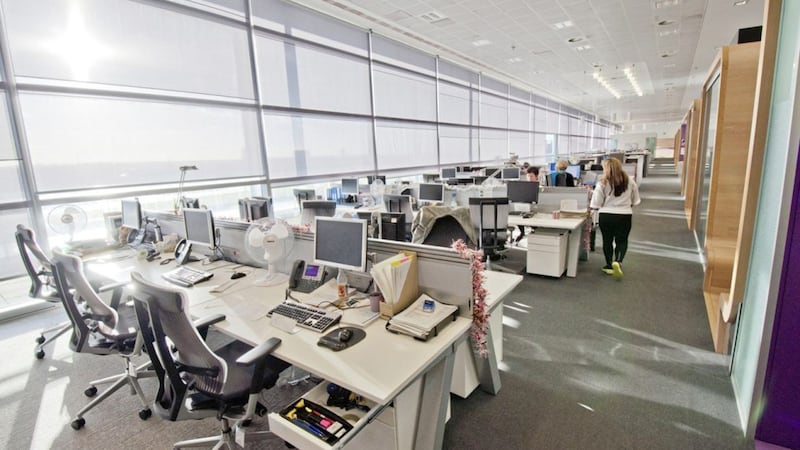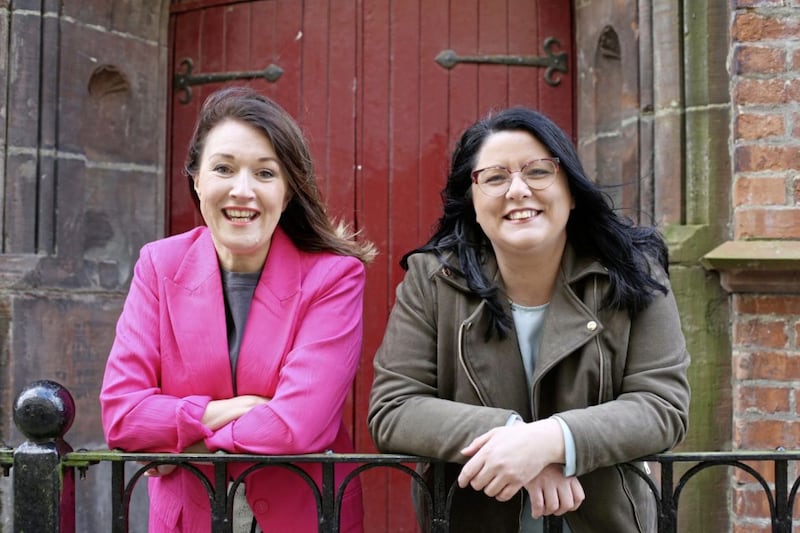DIVISIVE topics are never far away it seems (anyone from Northern Ireland will tell you that). And in recent times, we ‘ve had Brexit, face masks and the issue of working from home to add to the list.
You’ll be glad to hear that I’m not going to focus on Brexit, nor the historical local stuff. But I think the issue of working from home deserves a bit of exploring.
There has been much talk about getting people back into their offices to help boost city and town centres. The argument goes that working from home creates ghost towns, devastates small businesses in city centres, and sucks the life out of urban areas. Conversely getting back into offices boosts cities and the businesses including retailers and hospitality providers based there.
I’m one who appreciates the importance of cities, and have written in this column before about smart cities and creating sustainable, healthy and resilient cities for the future, with technology at the heart of them. I also have great empathy for businesses trying to make a living without the same footfall that they have been used to and which they need to be sustainable.
But I also understand the benefits of having a flexible approach to how we work and enabling people to do work without necessarily being ‘in work’.
At Novosco, we have long had a flexible approach that enables people to work from home. The technology has existed for a considerable period of time to make this possible, and we created a culture that focused on putting employees rather than processes at the heart of how we operate. And we of course have put employee and customer safety at the top of the priority list during the pandemic.
During lockdown, Novosco also focused heavily on ensuring that we continued to have the camaraderie and team spirit despite our disparate locations, with a range of digital events and get-togethers.
More broadly in society, we’ve also seen digital transformation happen that will benefit our economy in the long-term, with companies, organisations and public bodies effectively moving forward years in a matter of weeks in their digital journey, boosting productivity and service.
As a society we do definitely want to get back to more ‘normality’ as soon as it is safe to do so. And hopefully this will mean more people back working in our towns and city centres soon, spending their money in shops, cafes and restaurants.
But I think it would be wrong to argue for a turning back of the clock to have our lives exactly the way they were before lockdown. And I think the hybrid approach of part working from home, part working in the office is here for good.
If more working from home provides flexibility that benefits people’s wellbeing, let’s not lose that. If less commuting leads to less pollution and better outcomes for the environment, that’s something we should be happy about.
And if the need for less office space in our city centres leads to the opportunity for more people to live there in a sustainable way, I think there are potentially real positives there too. As a result, cities could be more vibrant and welcoming places, and this could provide more opportunities for businesses.
In the meantime, I think we shouldn’t underestimate the ability of businesses to adapt to the challenges in front of them. There have been fantastic examples of local companies innovating and reshaping themselves for the future. And whatever support can be made available to help them do so, should be. I think that’s something we can all agree on.
Patrick McAliskey is co-founder of Novosco in Belfast, which was last year acquired by Cancom in Munich








